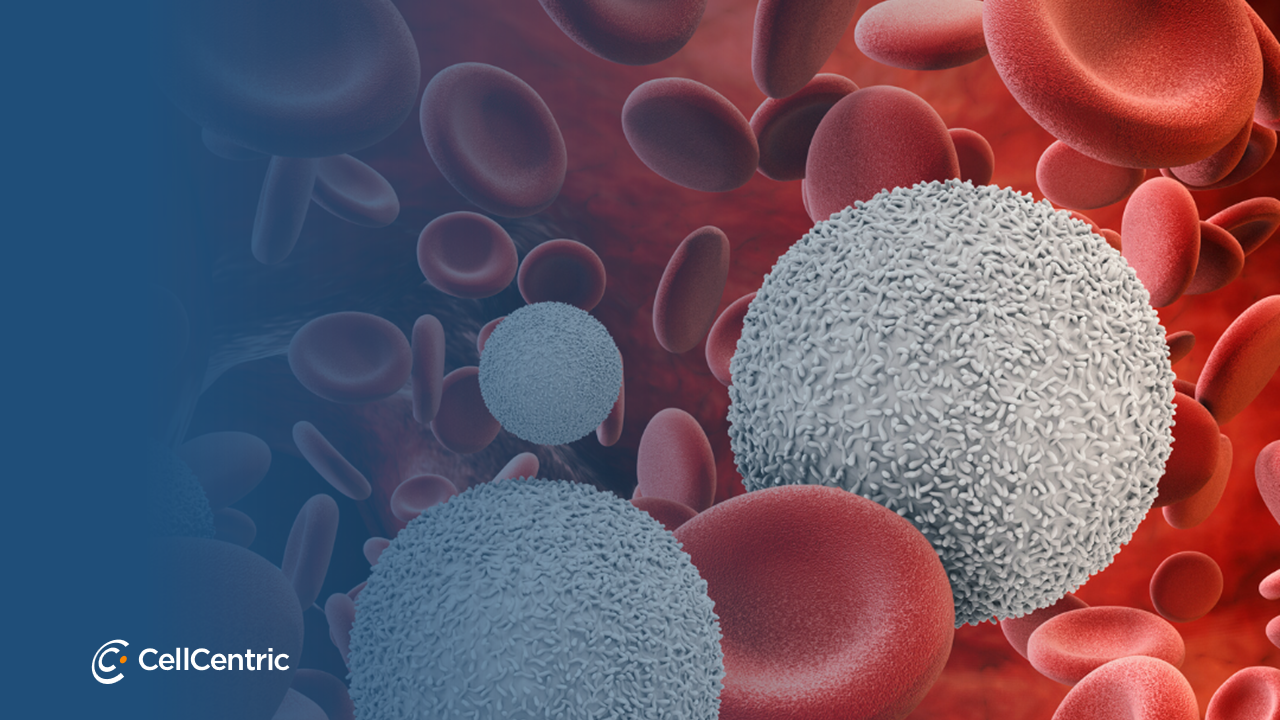CellCentric, the biotechnology company unlocking epigenetic control mechanisms, has an ongoing research relationship with Prof. Wolf Reik at the Babraham Institute, Cambridge. New work from his lab published today in Nature, highlights the substantial degree to which DNA demethylation occurs in early mammalian development and that AID is a critical component of the process. It builds upon Wolf Reik’s earlier work on the biochemistry of AID’s activities in cells.
It is becoming increasingly clear that cell fate is governed not just by the genome, but by the modifications to DNA and its associated proteins – epigenetics. This is an emerging area of research of fundamental importance. When epigenetic processes go wrong, disease arises, including cancer.
The new work published has both near term and long term commercial implications. Through the use of AID, it should be possible in the lab to induce DNA demethylation within cells for research purposes, to understand the impact that DNA methylation has on genes.
As demethylation of DNA is a key component of cellular reprogramming, there are longer term implications for regenerative medicine. In recent years it has been shown that adult cells can be induced to have stem-cell like properties. However these methods are inefficient, with one of the major road blocks being the removal of DNA methylation in the adult cells. The identification of AID and its activity may offer the opportunity of overcoming this epigenetic barrier and improving induced pluripotent cell production.
Wolf Reik’s work is complementary to other recent publications including that of Yi Zhang, University of North Carolina and Helen Blau at Stanford University.
CellCentric has helped fund and support some of the research. The company has worked with Prof Reik and the Babraham Institute to protect and take forward his findings for commercial purposes.
Commenting on the new developments, Wolf Reik, said:
“Clear mechanisms for DNA demethylation have been elusive for some time. The body of evidence is now pointing to indirect demethylation through the action of key enzymes such as AID. I am delighted to be working with CellCentric to accelerate this important area of research into commercial utility”.
Nessa Carey, Director of Exploratory Research at CellCentric, added:
“Our relationship with Wolf has been highly productive over the last four years. These new findings on AID reinforce our early view that this was going to be an important factor in reprogramming. It also fuels our overall understanding of epigenetic change within cells”.
CellCentric has built a network of over 30 relationships with leading academic researchers across the world. The company helps identify early findings of potential commercial importance. Working with the appropriate Technology Transfer Offices, it helps protect and patent new inventions. CellCentric then carries out and drives the next steps towards commercialisation. The company currently has 7 novel epigenetic drug discovery programmes underway, as well as supporting projects relating to reprogramming and epigenetic tools.
Notes
Genome-wide erasure of DNA methylation in mouse primordial germ cells is affected by Aid deficiency Christian Popp, Wendy Dean, Suhua Feng, Shawn J. Cokus, Simon Andrews, Matteo Pellegrini, Steven E. Jacobsen & Wolf Reik. Nature, advance online doi:10.1038/nature08829
A role for the elongator complex in zygotic paternal genome demethylation Yuki Okada, Kazuo Yamagata, Kwonho Hong, Teruhiko Wakayama & Yi Zhang. Nature, advance online doi:10.1038/nature08732
Reprogramming towards pluripotency requires AID-dependent DNA demethylation Nidhi Bhutani, Jennifer J. Brady, Mara Damian, Alessandra Sacco, Stephane Y. Corbel & Helen M. Blau. Nature, advance online doi:10.1038/nature08752
Wolf Reik
Wolf Reik is Associate Director of Research and Head of the Laboratory of Developmental Genetics and Imprinting at the Babraham Institute in Cambridge. After receiving his MD from the Universities of Freiburg and Hamburg in Germany, he went on to study for his postgraduate degree with Rudolf Jaenisch before undertaking postdoctoral work with Azim Surani in Cambridge as an EMBO Fellow. He was a Fellow of the Lister Institute of Preventive Medicine, and headed the Programme of Developmental Genetics at the Babraham Institute before taking up his current post as Associate Director of the Institute. He has a joint appointment on the board of management of the Centre for Trophoblast Research at the University of Cambridge, and as Professor of Epigenetics in the Department of Physiology, Development, and Neuroscience.
Wolf has published more than 140 research papers, and received a number of prizes and distinctions for his work, including the Wellcome Prize of Physiology. He is an elected member of EMBO and a Fellow of the Academy of Medical Sciences. He has served on several national and international academic boards and is currently a member of the Cancer Research UK Science Funding Committee. He sits on the Executive Board of The Epigenome EU Network of Excellence and on the Scientific Advisory Board, Center for Genomic Regulation, Barcelona. See: www.babraham.ac.uk/devgen/reik.html
The Babraham Institute
The Babraham Institute is a charitable organisation devoted to biomedical research and is an institute of the Biotechnology and Biological Sciences Research Council (BBSRC). The Institute’s research is focused on understanding the biological events that underlie the normal functions of cells and on how their failure or abnormality may lead to disease. As such, Institute scientists are striving to find cures for conditions where there is currently no treatment or where the existing treatment is not fully effective or causes serious side effects. The latest technologies are being used to study the basis of conditions such as neurodegenerative disorders, birth defects, cancer and diseases of the immune and cardiovascular systems. With a strategic focus on ‘healthy ageing’, novel approaches for tackling chronic diseases and public health concerns like obesity are being discovered. See: www.babraham.ac.uk
Contact
CellCentric: Nessa Carey / Will West Tel: + 44 (0) 1799 531 130 [email protected]
Babraham Institute: Claire Cockcroft / Wolf Reik Tel: + 44 (0) 1223 496 000 [email protected]


